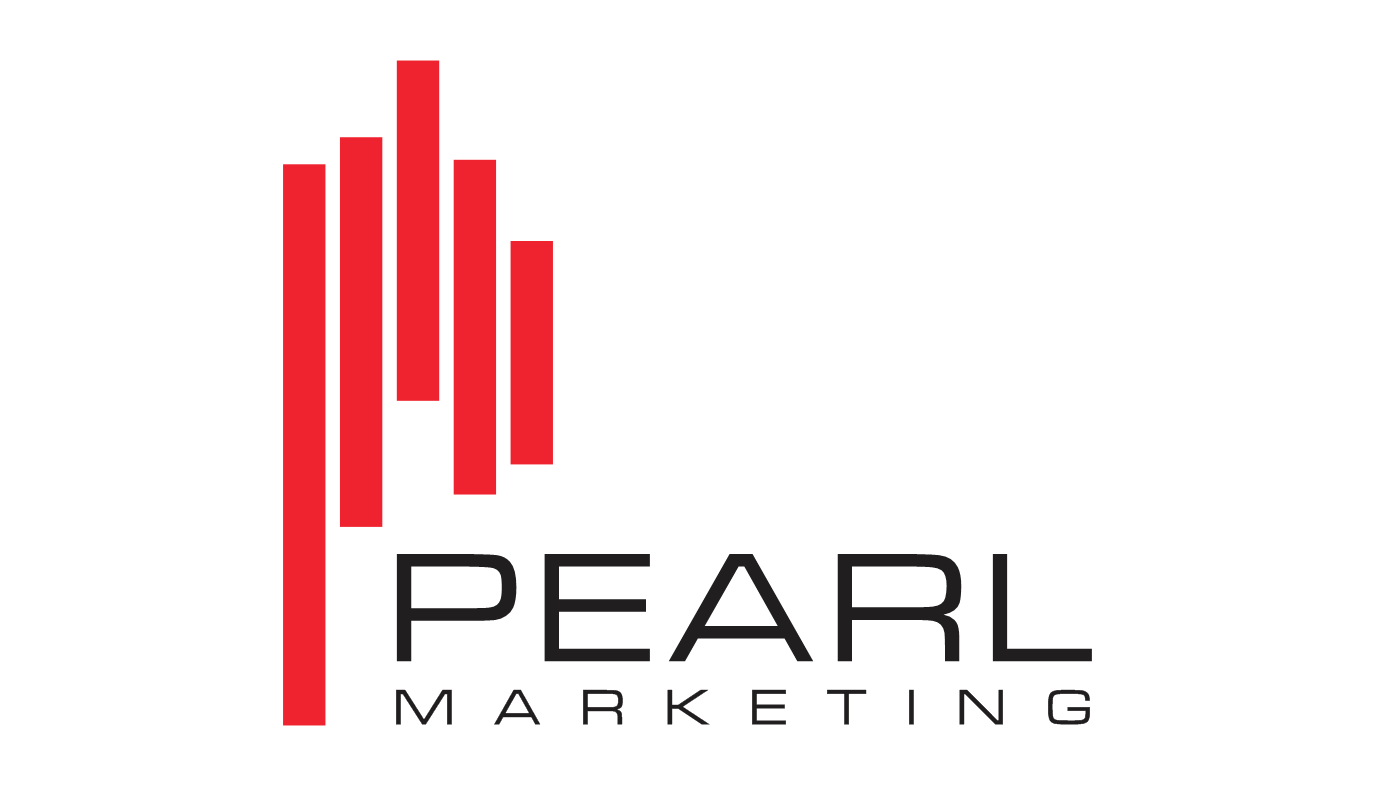The Emergence of AI in Business Innovation
Business Innovation
AI has been making headlines as it becomes increasingly integrated into various industries. AI-powered chatbots handle customer service inquiries, understanding queries and providing personalized responses in real-time. This saves time and resources for businesses while improving the customer experience with faster, more convenient service. Marketing campaigns are also being transformed by AI. By analyzing customer behavior and preferences, businesses can create personalized, targeted campaigns that are more effective. In the supply chain, AI optimizes logistics and predicts demand, resulting in cost savings and improved efficiency. For instance, AI analyzes past sales and customer demand data to forecast future demand and adjust production accordingly, recommending products or services based on past purchases or displaying ads to customers likely interested in a specific product or service.
Business Efficiency
AI technologies like machine learning, predictive analytics, natural language processing, and robotics are revolutionizing the business world, driving exponential growth. Prediction machines play a critical role in the economics of artificial intelligence.
Business Growth Strategies
AI, with its predictive and analytical capabilities, drives rapid business growth by enhancing operational efficiency and decision-making processes. Businesses identify trends, predict outcomes, automate tasks, and provide personalized customer experiences with AI. AI strategies help businesses stay competitive by improving decision-making, driving innovation, and enhancing customer experiences. AI-powered prediction machines create cost-effective solutions, enabling businesses to predict outcomes more accurately and efficiently. Marketers can benefit from generative AI by experimenting with pilot programs and exploring how AI can create competitive advantages. Businesses should start their data transformation by packaging unique data and content to train future AI systems. Additionally, they should sharpen their brand identity to train algorithms to capture and generate content that aligns with their brand.
Automation in Business
AI has become integral to everyday life and is transforming businesses rapidly. A European travel company used AI to personalize offers, increasing revenue per customer by 6%. Machine learning, natural language processing, and image recognition enhance performance, reduce labor costs, and improve customer experiences, paving the way for new services and redefining traditional ones. In the automotive industry, AI facilitates the development of driverless vehicles and improves insurance claims processes through AI-powered auto damage assessments. AI apps quickly upload photos of damaged vehicles for faster insurance claims, making the process more efficient than traditional methods.
AI-Driven Steel Supply Chains
AI predicts demand, optimizes logistics, and manages inventory in supply chain management, enhancing business efficiency. New AI capabilities, such as automated inventory management and optimized shipping routes, transform supply chains, resulting in cheaper and faster product deliveries. Combined with advancements in robotics, we are moving closer to fully mechanized warehouses worldwide.
Steel Industry Transformation
The steel industry leverages machine learning, artificial intelligence, and the Internet of Things (IoT) to enhance operations. Machine learning with big data and AI generates optimization strategies and automates processes, allowing for better control over machinery lifecycles and program management with lower costs. Factory owners monitor real-time performance using big data and cloud computing. Implementing IoT elements like network-connected sensors leads to higher precision, speed, and quality in factories, improving competitiveness in the market.


